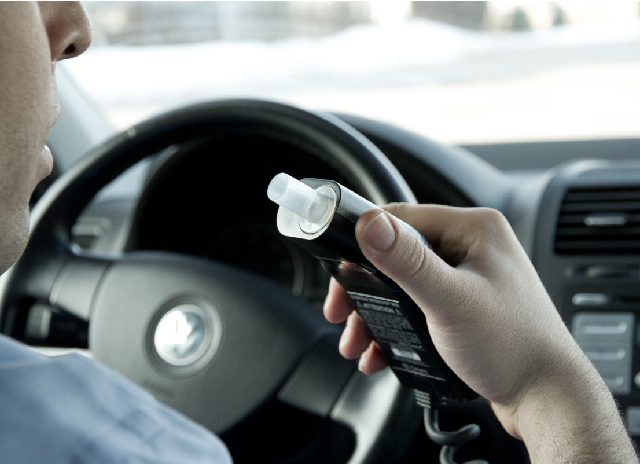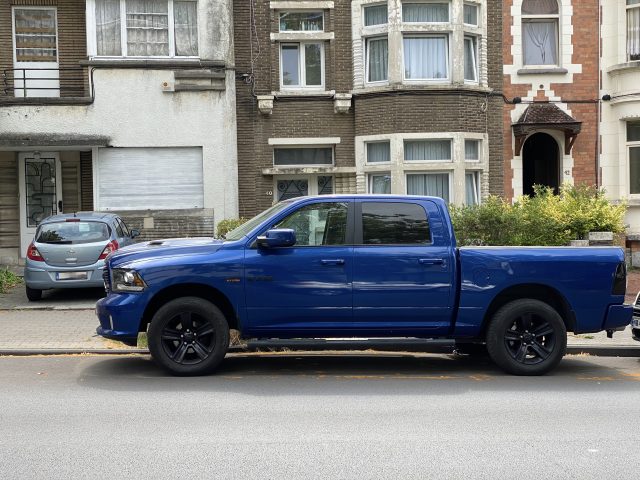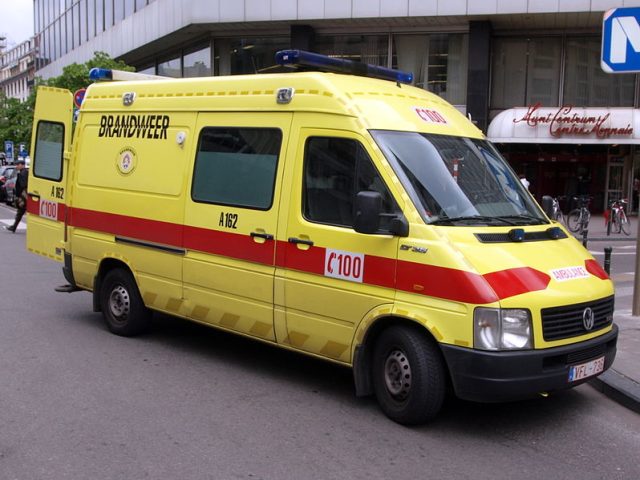New German data supports case for EU roadside checks for vans
A new report from Germany’s TÜV-Verband (an ETSC member) highlights a worrying trend: light commercial vehicles (vans) are showing an increasing rate of dangerous technical defects. The findings strengthen calls for the EU to include vans in roadside technical inspections.
The TÜV Report shows that more than one in five commercial vehicles inspected in Germany now has serious or dangerous defects – a defect rate of 20.4 %, up from 19.6 % in the previous report. For light vans up to 3.5 tonnes, the picture is worse: around 21.5 % showed significant safety issues, compared to roughly 20 % in the earlier study. The report also shows a clear age effect: the average age of vans and other commercial vehicles in Germany has risen to 8.7 years, and older vehicles are far more likely to have serious faults.
The most common problems found in the TÜV inspections include malfunctioning lighting systems, oil leaks, suspension and axle defects, and braking system issues – all safety-critical faults.
Periodic inspections at approved testing centres remain key to vehicle roadworthiness across Europe. But they only check vehicles on the day of the test. Roadside technical inspections (RSIs) catch defects that develop between scheduled tests and act as a deterrent against poor maintenance. Trucks and buses are already subject to EU roadside inspections, but vans are not required by EU rules to be checked – leaving a significant enforcement gap.
This gap matters. Vans are the backbone of last-mile delivery and trades across Europe, spending long hours in stop-start urban traffic. Many are driven intensively, often by multiple drivers, and may miss regular servicing. Yet, unlike heavy trucks, they can currently avoid roadside checks altogether, travelling tens of thousands of kilometres between annual checks.
The European Commission’s proposed Roadworthiness Package would extend the scope of mandatory roadside inspections to cover N1 category vans (up to 3.5 t). Member States would be required to inspect a small share of their van fleets each year, bringing them under the same EU framework as heavier commercial vehicles. Several countries – including Finland, Hungary, Slovakia, Spain and Sweden already carry out roadside inspections for these vehicles.








